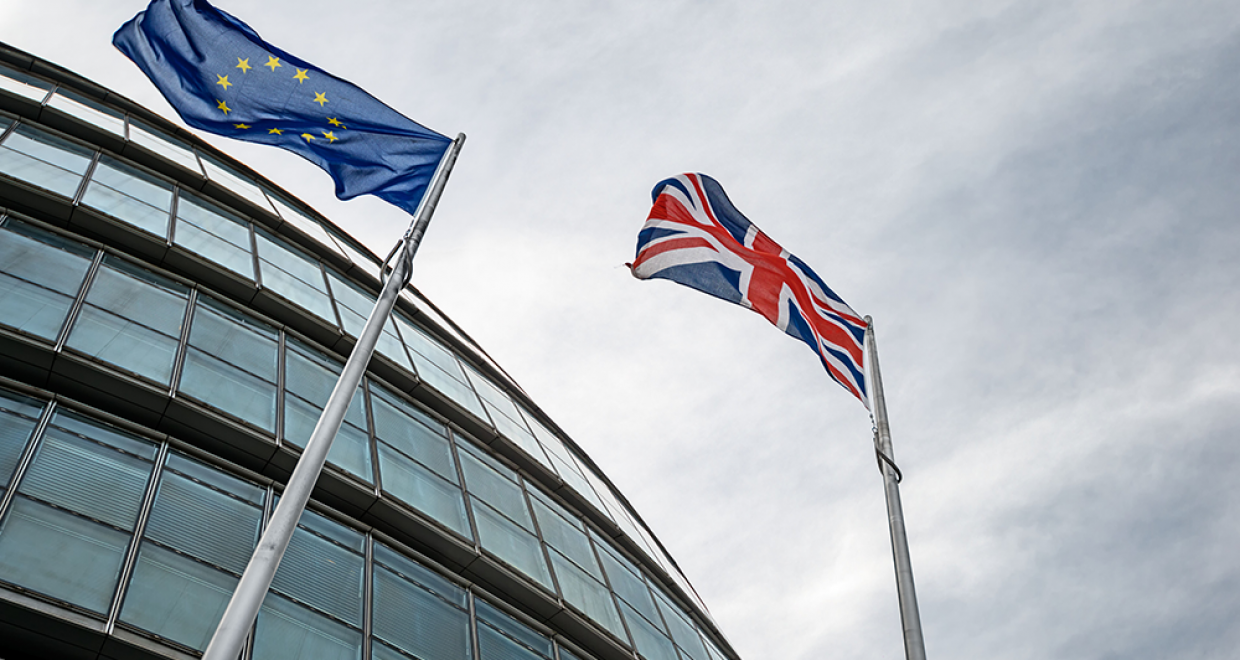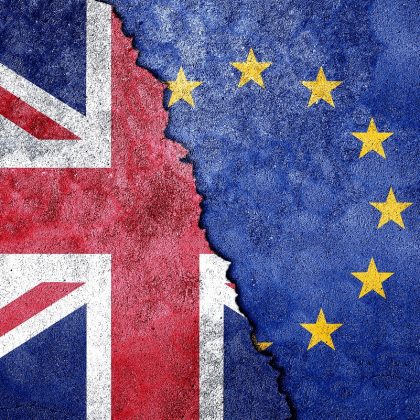Brexit and Race Equality Policies
With Brexit negotiations underway, a key question is whether withdrawal from the EU will affect equality policies. The Fawcett Society has recently warned that Government ‘Great Repeal Bill’ will present ‘a real threat to our equality laws’ in so far as it risks ‘weakening of protections’.
To try and get a handle on this for Race Equality policy in particular, this article just published in the Journal of Social Policy shows why we need to track what we might call unconventional policy change. It’s unconventional in that some UK Race Equality frameworks have been ‘uploaded’ to the EU level before being returned to the UK through EU directives to all member states.
The main question this raises – where does withdrawing from the European Union leave us – might better be broken down into two parts that force us to consider: (1) what are the best analytical tools to look at this? (2) does Brexit mean that the UK will just ‘return’ to prior conventions that were scaled up from the UK to the EU?
The Toolkit
The first task is to connect the policy change thinking to the multi-level governance thinking. It is clear that an understanding of public policy developments in this area must include the multiple levels across which race equality in the UK has been developed. This is something that spans public administration, and civil and criminal law, and was often forged through hard won anti-racist struggles. We might divide this legislation into three kinds: (a) that which was created in the UK; (b) that which flows from membership of the European Union; and (c) that which is a combination of the two.
The main problem in our understanding is that while multi-level governance has tended to be taken up in ways that emphasise the ‘multi-level’, it has underappreciated the ‘governance’ parts. Some of this needs to be supported by a better handle on the ways in which ‘advocacy coalitions’ are able to promote some policy approaches over others (Sabatier and Jenkins-Smith, 1993). For example, the Anglo-Dutch ‘Starting Line Group’ are a collection of activists and stakeholdera who, though never present at any negotiating tables, were able to marshal tested practices from British and Dutch contexts that influenced ‘the content of legislation because they had been fed into the Commission policy development process’ (Geddes and Guiraudon, 2008: 133).
Some of this is also about how EU level ‘policy windows’ are thrown open at particular moments, in one important case by the Treaty of Amsterdam (1997) in which UK approaches to race equality were included (Rudiger, 2007: 41). When these were fed back to the UK it was ‘a relatively costless measure that mapped well with an already existing national framework’ established in the UK practice on race equality (Geddes and Guiraudon, 2007: 129).
Back to ‘Before’?
Since UK Race Equality approaches have an endogenous story, and EU membership has not added a great deal to this, will this mean that on leaving the EU we will just fall back on these?
Much – as ever – depends on politics. If the ‘policy image’ of race equality comes to be associated with an EU imposition, rather than a UK creation, it becomes much more contested by those seeking to uncouple as much as they can from the EU. Put in other terms, if race equality becomes part of the ‘collateral rhetoric’ (O’Brien, 2013: 490) of Brexit, rather than a longstanding – though unsettled and incomplete – British struggle, then the symbolic politics of this would do great harm.
Equally, in the area of trade agreements, there may well be economic incentives to reduce equality protections that would lead to either a direct or indirect discriminatory outcome for Black and Ethnic Minority (BAME) groups. This is all speculative of course, but trading off race equality in the name of efficiency and competitiveness is therefore a very real concern, and to some extent such a scenario would mark an accelerated roll back on commitments which are already precarious.
For example, the Coalition Government (2010–15) significantly undermined features of the Equality Act in the name of deregulation and competitiveness, summarised in O’Brien’s (2013: 486) complaint, that ‘innovations in the structure of equality law forged by a generation’s experience of its application are in danger of being brushed aside with scarcely a political murmur’. The point being that UK governments already have the capacity to roll back from race equality commitments, and have shown the political will to do so, independent of other developments.
Since we are only just coming to terms with the overwhelming ‘archipelago of contradictions’ (Shaw, 2016: 104) raised by Brexit, any answer to these questions will be partial. Archipelagos of course can be found isolated in large amounts of water or neighbouring a large land mass. Borrowing from Jo Shaw, we might use the designation to grasp some of the policy challenges and possible contradictions of the UK as a ‘Brexit Archipelago’.
If nothing else, Brexit is a reminder that anti-racism is an unsettled, incomplete and on-going pursuit. It requires sustained mobilisation through actors, institutions and ideas, now as much as ever.
References
Geddes, A. and Guiraudon, V. (2007), ‘The Europeanization of anti-discrimination’, in C. Bertossi (ed) (2007), European anti-discrimination and the politics of citizenship. Basingstoke: Palgrave Macmillan.
O’Brien, N. (2013), ‘Positive about Equality: The Public Sector Duty under Threat’, The Political Quarterly, 84 (4), 486–496.
Rudiger, A. (2007), ‘Cultures of equality, traditions of belonging’, in C. Bertossi (ed) European anti-discrimination and the politics of citizenship, Basingstoke: Palgrave Macmillan.
Sabatier, P.A. and Jenkins-Smith, H.C.E. (1993), Policy learning and change:An advocacy coalition approach, Boulder, CO:Westview Press.
Shaw, J. (2016), ‘Citizenship, Migration and Free Movement in Brexit Britain’, German Law Journal, 17, 1–142.






